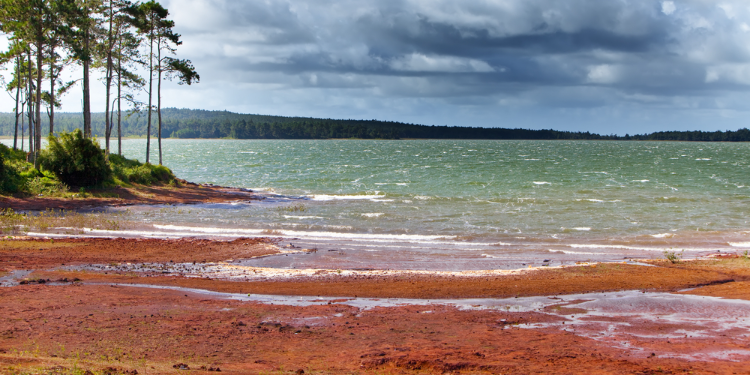
Mauritius has captured headlines recently for two starkly contrasting reasons. On one side, the island is celebrating its rising status as a premier African tourist destination. On the other, it faces mounting environmental pressures, particularly in water management. Together, these developments highlight Mauritius as both a coveted paradise and a territory grappling with critical sustainability challenges.
Mauritius: A top contender in African Tourism
Mauritius continues to cement its reputation as a crown jewel in African tourism. A recent analysis by Travel and Tour World places the island as the second most sought-after destination on the continent, trailing only South Africa. This accolade underscores the island's remarkable heritage, including the iconic Le Morne Brabant, a UNESCO World Heritage site; the vivid geological wonders of Chamarel; and the unparalleled biodiversity of the Black River Gorges National Park.
In this ranking, South Africa retains its lead, boasting attractions like the majestic Table Mountain and the globally renowned Kruger National Park. Egypt secures the third spot, with destinations such as Botswana, Kenya, Tanzania, and Morocco rounding out a list that showcases Africa's rich and varied tourism offerings.
This recognition coincides with a robust rebound in the African tourism sector. According to the World Tourism Organisation, the industry has recovered to 96% of its pre-pandemic visitor numbers. Economic forecasts for 2025 are equally promising, with the sector expected to generate $25.16 billion in revenue. Mauritius is a prime example of this resurgence, having welcomed over 1.2 million visitors from January to November 2024—exceeding its 2023 performance and solidifying its position as a global hotspot.
The Water Crisis: An urgent call for action
While tourism thrives, Mauritius faces an urgent and growing challenge: the sustainable management of its water resources. Climate change, coupled with increasing demands on freshwater supplies, has created a precarious situation that necessitates immediate and collective action.
Globally, 71% of the planet is covered by water, yet only 3% is freshwater. Of this limited supply, a mere 1.2% is accessible for human use—whether for drinking, agriculture, or industry. On an island like Mauritius, this scarcity becomes even more pronounced, highlighting the vulnerability of its ecosystem.
To address this crisis, adopting responsible consumption practices is critical. Simple measures, such as reducing shower times, fixing leaks promptly, and reusing greywater, can significantly reduce wastage. Investing in rainwater harvesting systems and maintaining plumbing infrastructure are equally important steps toward sustainable water use.
On a larger scale, efficient equipment is essential. Prioritising water-saving household appliances and modernising irrigation systems can drastically improve resource management. These technical solutions, combined with widespread public awareness, form the cornerstone of a sustainable approach to water conservation.
Water management in Mauritius represents a strategic imperative for the island's long-term survival. Tackling this challenge requires a concerted effort from individuals, businesses, and policymakers alike. Only through collective action can Mauritius safeguard its precious water resources and secure its future.



















